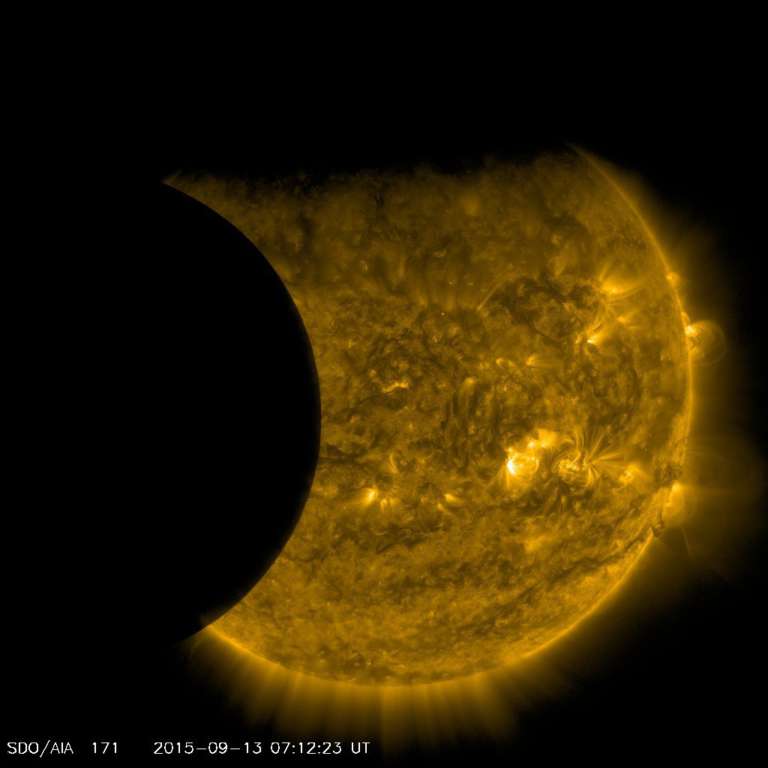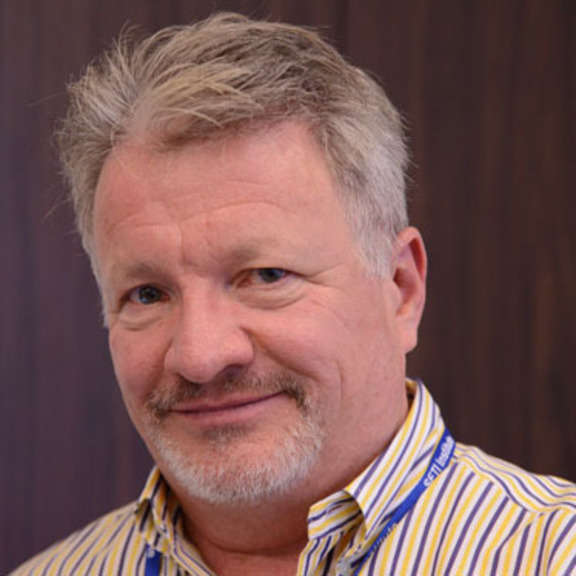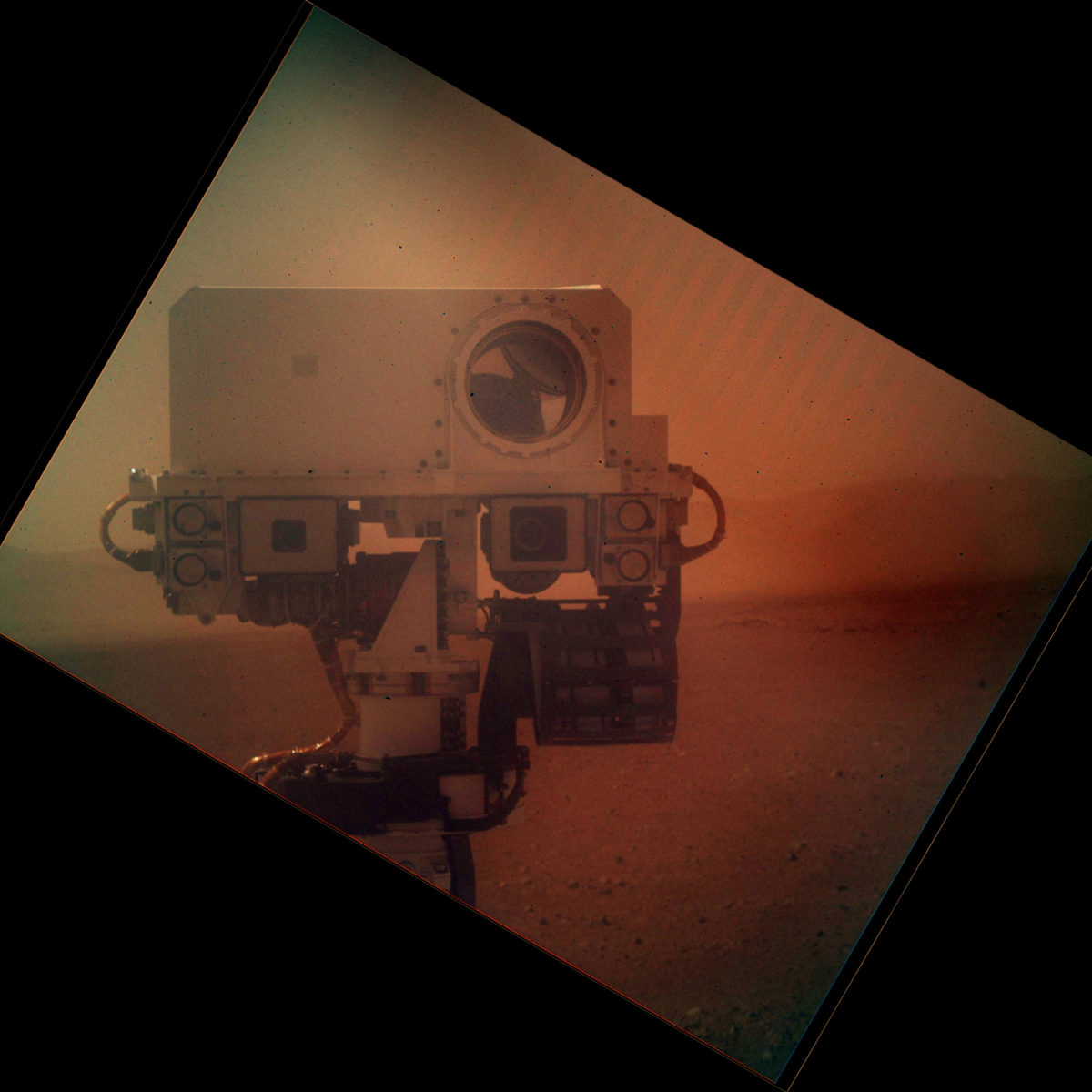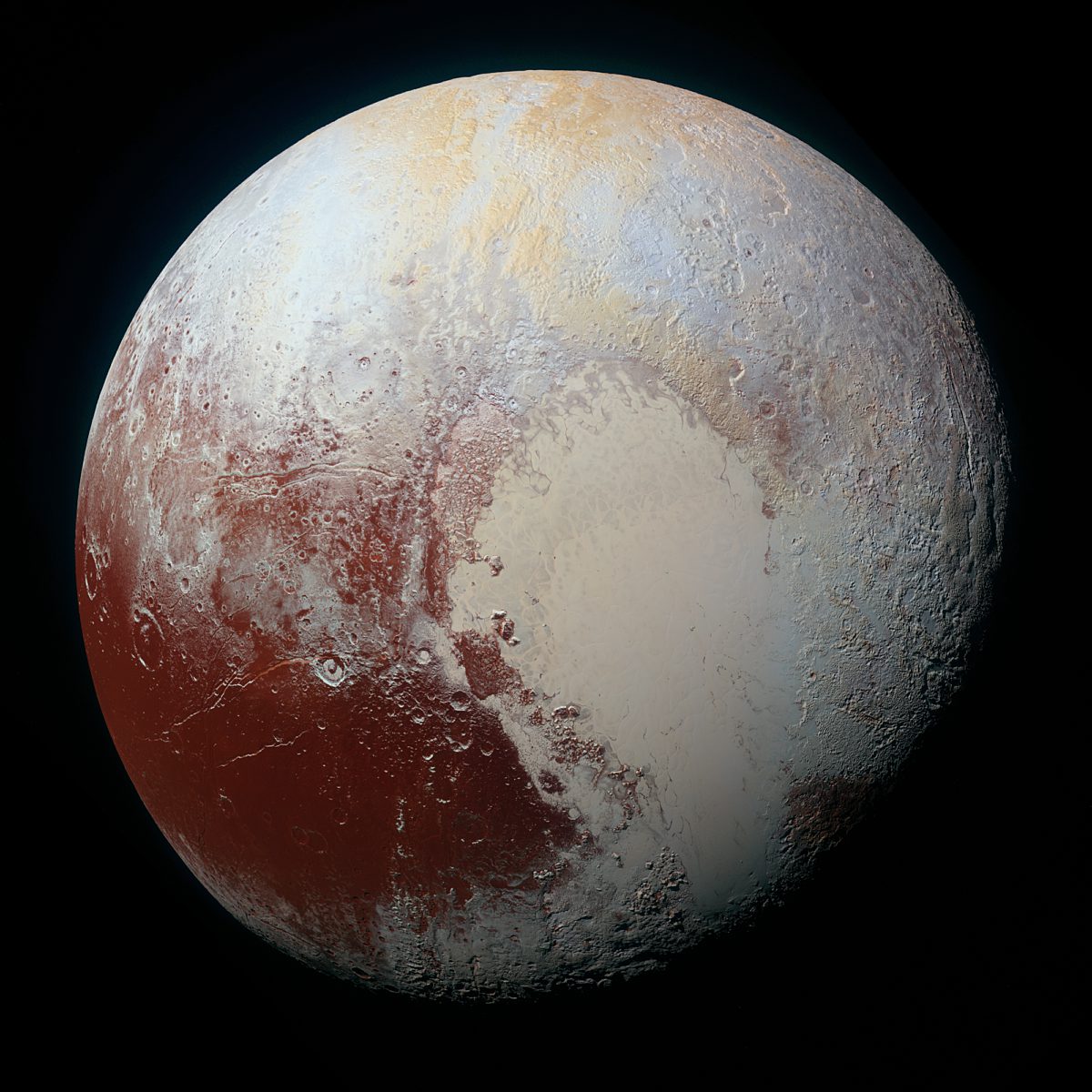Since 2002, Planetary Radio has visited with a scientist, engineer, project manager, advocate, or writer who provides a unique perspective on the quest for knowledge about our Solar System and beyond. The full show archive is available for free.
Search Planetary Radio
CEO Randa Milliron introduces us to Interorbital Systems, which wants to put your payload in orbit for as little as $8,000. Can they do it?
No one is more excited about eclipses than famed solar astronomer and author Jay Pasachoff. He looks forward to the total solar eclipse in August of 2017.
The SETI Institute is about much more than the Search for Extraterrestrial Intelligence. President and CEO Bill Diamond of the Institute explains.
Planetary Society Digital Editor Jason Davis returns with the story of the ten-day trek across the South he just completed with two Society colleagues.
Space historian and policy expert John Logsdon joins Mat Kaplan for a fascinating conversation about how the US could have lost the race to the moon.
In our third episode, we debate the risks and rewards of tying the future of a Europa mission to the fate of NASA's massive Space Launch System rocket. Also, NASA just announced that the next Mars rover will cost $2.4 billion—$900 million more than initially thought. But the mission is not considered over budget. Why not? Lastly, the U.S. just generated 50 grams of Plutonium-238, the largest amount in nearly thirty years. We celebrate the successful effort to create this critically important, though highly toxic, power source for deep space spacecraft.
She has spent most of her life working toward a bright future for humanity in space, and Lori Garver has lost none of her passion. She visited the Planetary Society for a wide-ranging conversation with Mat Kaplan.
In the premiere of this new monthly series we briefly examine the latest move by the House of Representatives in the game of NASA's budget and then discuss what Lockheed Martin's new
The new Mars Science Laboratory Project Scientist is not new to the mission. Ashwin Vasavada has worked on the Curiosity rover since 2004.
Famed science fiction author Kim Stanley Robinson is back with Aurora, a cautionary tale about just how difficult interstellar travel may be.
Cassini Mission Project Scientist Linda Spilker returns with the latest discoveries at the beautiful ringed planet, its moons and its rings.
Ad Astra's Mark Carter took Planetary Radio Host Mat Kaplan on a great tour of the company's facility in mid-November of 2015. Space and science geeks are going to love this mostly unedited audio recording.
Bruce Betts, Jason Davis, Casey Dreier and Emily Lakdawalla gather with Mat Kaplan for a fascinating and informative Planetary Radio Extra year-in-review roundtable discussion.
Mat Kaplan visits the Ad Astra Rocket Company in Texas where they are perfecting the VASIMIR electric rocket engine. Emily Lakdawalla has created a comprehensive timeline tracing missions throughout the solar system. Bill Nye salutes Planetary Society colleagues who gathered to record a Planetary Radio Extra year in review conversation. The new year’s sky is chock full of planets according to Bruce Betts.
Our year-end review features the “best of 2015” lists from Jason Davis, Casey Dreier, Emily Lakdawalla and Bill Nye the Science Guy. What’s Up offers planets, a comet, and a nice prize package for the space trivia contest.
Digital editor Jason Davis is a lucky guy. He follows and reports on human spaceflight progress, as well as the progress of the LightSail solar sail, which is about a year from its next flight.


 Explore Worlds
Explore Worlds Find Life
Find Life Defend Earth
Defend Earth
















